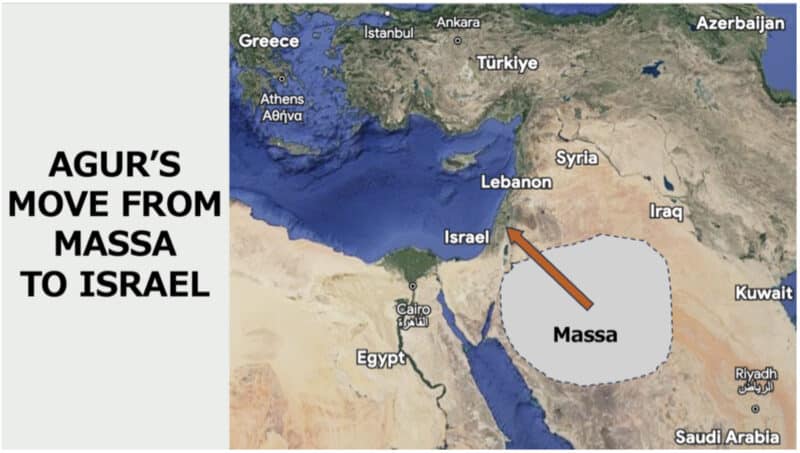August 13, 2023
Proverbs 30:1-5
The Wisdom That Moves Us
The book of Proverbs is a treasure chest full of practical advice for how to live a blessed life. In Proverbs 30:1-5, a sage named Agur connects the timeless truth of scripture with the ultimate expression of wisdom.
We invite you to join Kevin Rudd and The Village Chapel as we consider how the language of God is perfectly wise and should move us to pursue life in Jesus Christ.


